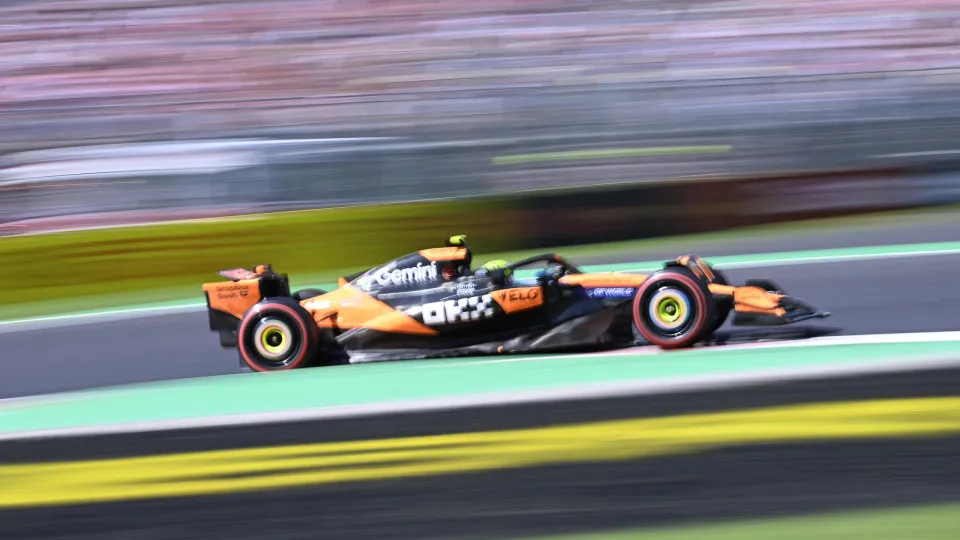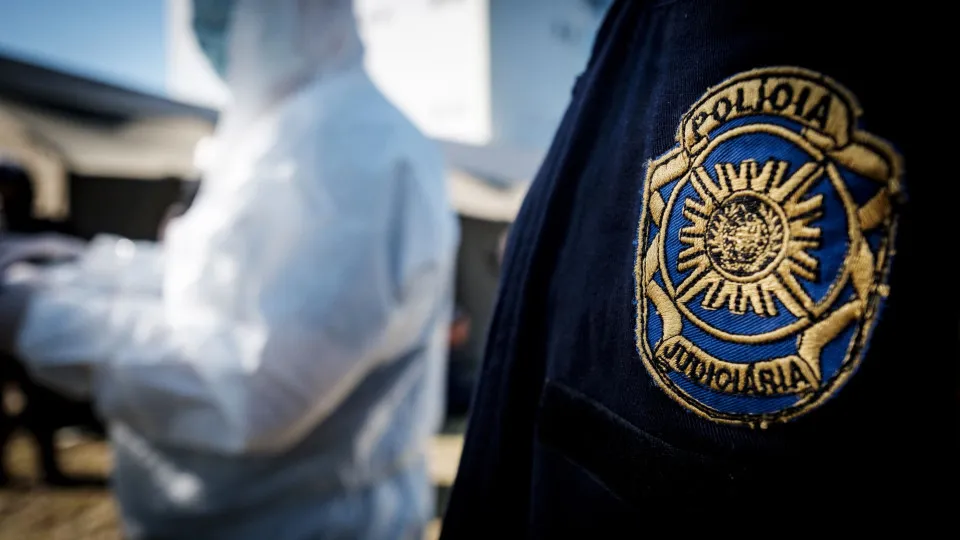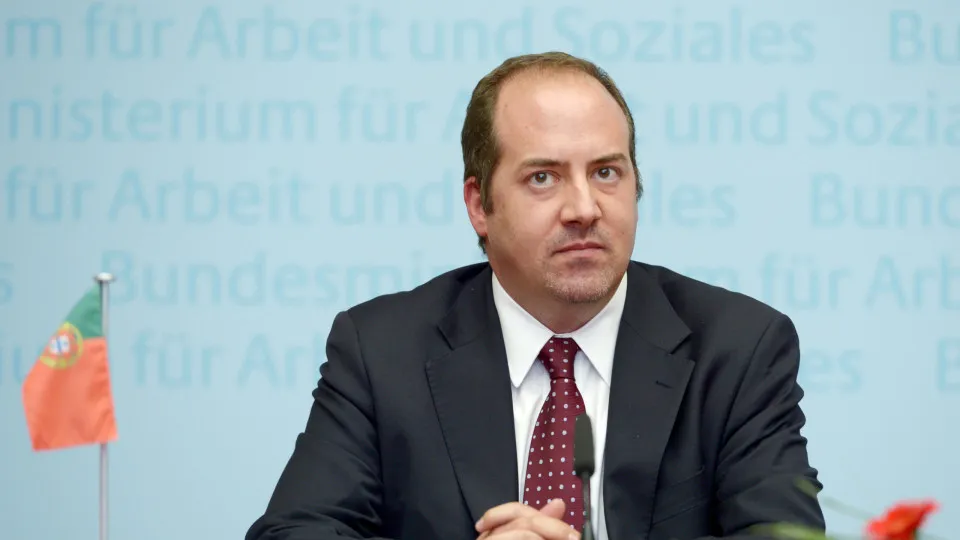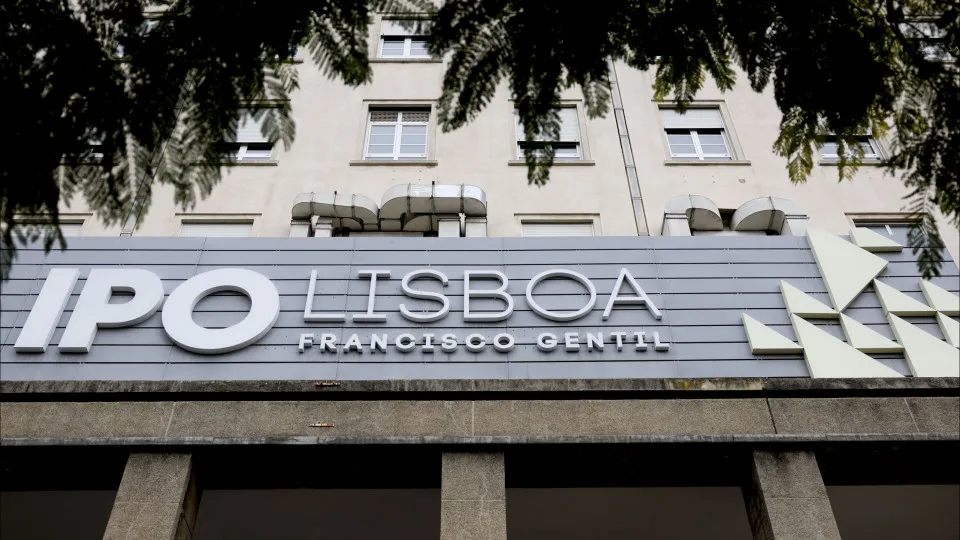
“The final accounts of any motorsport event are always political, in the sense that public or academic scrutiny is very rare. Generally, most promoters mention revenues that more or less compensate for the billed costs,” stated the motorsport economy expert in an interview.
At the Festa do Pontal in Quarteira, Prime Minister Luís Montenegro mentioned being “fully prepared to formalize” the return of the Grand Prix (GP) of Portugal to the Algarve International Circuit (AIA) in Portimão, which previously hosted the event in 2020 and 2021.
The cancellation of several races abroad due to the COVID-19 pandemic paved the way for the national presence in the top tier of motorsport 24 years after its rounds in Boavista (1958 and 1960), Monsanto (1959), and Estoril (1984 to 1996).
“If you ask me as a citizen, I say it’s worth it, although honestly, it’s not worth promising increased income to the residents of Portimão or that the event will bring a windfall to the country. I would say that in the end, everyone gains something and some gain a lot. This gain ranges from units of euros to individual satisfaction, collective pride, and a sense of international prestige,” observed Paulo Reis Mourão, author of a book on the economic aspects of Formula 1.
Aiming to promote Algarve—where the GP of Portugal is fixed in the MotoGP calendar, the premier motorcycle racing event, since 2020, with a guaranteed presence until 2026—Luís Montenegro considered that F1 involves “some financial effort from the Government, but it has a direct and indirect return that is worthwhile.”
“The impact should always be calculated from a national perspective, never local or regional. The naive mistake of almost all well-intentioned reports is judging the impact from a parochial view, when an event of this caliber has national and even Iberian repercussions,” warned the economist, referring to a return of around 30 million euros during the pandemic context of the GP of Portugal in Formula 1.
Last week, before the Italian GP in Monza, F1 President Stefano Domenicali confirmed Portugal, Turkey, and Germany’s interest in hosting a World Championship race but revealed that “it will be difficult” due to “very few slots available,” noting that “those at the table need to have financial power.”
“The costs of a professional event of international scope are one of the most delicate issues in motorsport, as well as the associated revenues and their distribution. If we only talk about fees, in my 2017 book, I reached a global average value around 40 million euros, plus infrastructure update costs, centered around 20 million euros, and temporary contracting, along with other more intangible costs that could reach several tens of millions,” explained Paulo Reis Mourão.
The Government did not specify how much it plans to spend for the possible presence of Formula 1 in Portugal, with the professor from the University of Minho acknowledging that “state support, beyond the materialized amount, always acts as a certificate of public recognition,” protecting private promoters from “accusations of elitism or snobbery” from non-fans or certain interest groups.
“If you ask a taxpayer not interested in F1 whether part of their taxes should go to hosting such an event, the most likely response won’t be affirmative. Even so, the State, even without supporting with a single cent, benefits from having this sport, from increased tax revenue to promotional marketing, which will facilitate attracting foreign direct investment and boost future tourist flows,” he concluded.
In 18 editions, the GP of Portugal was won by former world champions like Jack Brabham, Alain Prost, Nigel Mansell, Michael Schumacher, Damon Hill, Jacques Villeneuve, or Ayrton Senna, whose first-ever victory took place in the rain at the wheel of a Lotus-Renault, at the Autódromo Fernanda Pires da Silva in Estoril in 1985.
Record holder of Formula 1 titles, with the same seven as Schumacher, Englishman Lewis Hamilton, then with Mercedes and now at Ferrari, triumphed in 2020 and 2021 in Portimão, surpassing five years ago the 91 wins of the German to become the driver with the most victories overall.




